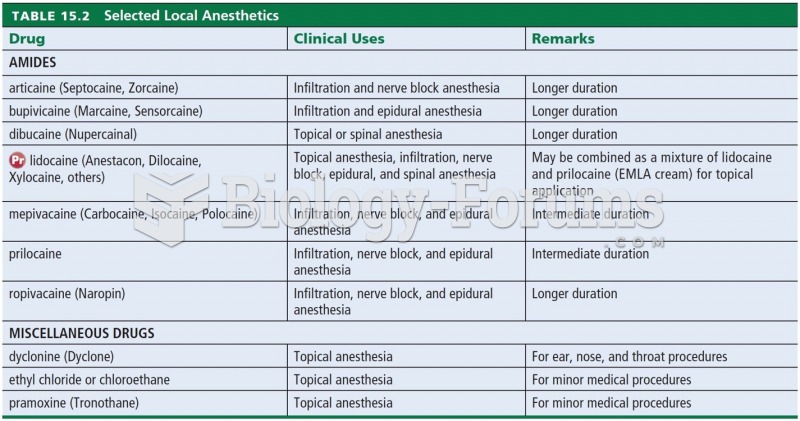Answer to Question 1
Prevention should be universal in schools and start in early elementary and continue through high school
Should include components of promoting a healthy lifestyle including diet and exercise
Educate about media images and reality of those images
Use positive peer pressure to combat teasing/bullying for physical appearance
Address perfectionism and self-esteem issues
Peer-led prevention programs can be effective
High-risk students could be referred to community agencies for evaluation if symptoms begin to develop (early warning)
Answer to Question 2
Biological factors appear to play a more prominent role in the etiology of bipolar disorders compared to depression. Evidence indicates that depression is influenced by genetic factors whose ultimate phenotypic expression is highly dependent on environmental factors, and bipolar disorders are believed to have a complex genetic basis involving interactions among multiple genes. Twin studies have made it clear that inheritance plays a role in both major depression and bipolar disorders, although more so for the latter. The average concordance rate for bipolar disorders among identical twins is 72 percent; for depression it is 40 percent. In both disorders, the concordance rate drops to 10 to 14 percent for fraternal twins. Obviously, genetic endowment is important. Findings from adoption research strengthen the argument, since researchers have found that children reared by adoptive parents who have mood disorders are no more likely to develop the disorders than the general population. Only adoptees whose biological parents have the disorders are at higher risk. What exactly is inherited is harder to determine. Abnormally low levels of neurotransmitters (norepinephrine, serotonin, and dopamine) or abnormally low levels of receptor sensitivity to these chemicals are often found in depressives. It is not clear whether this is a cause or a result of depression. Other biological correlates of depression may represent inherited abnormalities, includingabnormally high levels of the adrenal hormone cortisol.
Electroconvulsive therapy (ECT) also has powerful, short-term effects on severe depression. It is not clear how ECT affects the brain. However, a biological cause of mood disorders does not require a biological treatment. Cognitive-behavioral and interpersonal psychotherapies have proved to be just as effective as antidepressants, and people who receive cognitive-behavioral treatments appear to be less vulnerable to relapse than those given medication.







